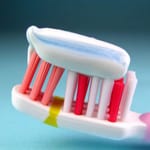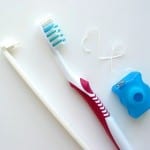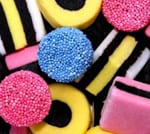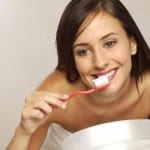 Bad breath can be a really embarrassing problem, but if you have halitosis, this doesn’t mean that you have to hide away and suffer in silence. We can help!
Bad breath can be a really embarrassing problem, but if you have halitosis, this doesn’t mean that you have to hide away and suffer in silence. We can help!
Bad breath is commonly caused by bacteria collecting in the mouth. When you eat, the bacteria in your mouth feed and then release gases, which smell unpleasant and this is why you get bad breath. If you have a good daily oral hygiene routine, these bacteria shouldn’t be able to gather in your mouth and you should find that your breath smells much fresher and cleaner. Ideally, you should brush your teeth twice a day each day for at least 2 minutes each time and floss regularly to keep bad breath at bay.
If you have persistent bad breath, we can offer intensive hygiene treatments, which give the mouth a deep clean and remove bacteria, which may be lurking in areas that you can’t reach with your toothbrush.
Some people find that they have bad breath after eating or drinking foods and drinks such as coffee, tea, spicy meals and garlic. If this sounds familiar, chewing sugar-free gum can help to neutralise acids in your mouth and make your breath smell fresher after eating. Make sure you choose sugar-free gum, as sugary foods increase the risk of decay and gum disease.
















